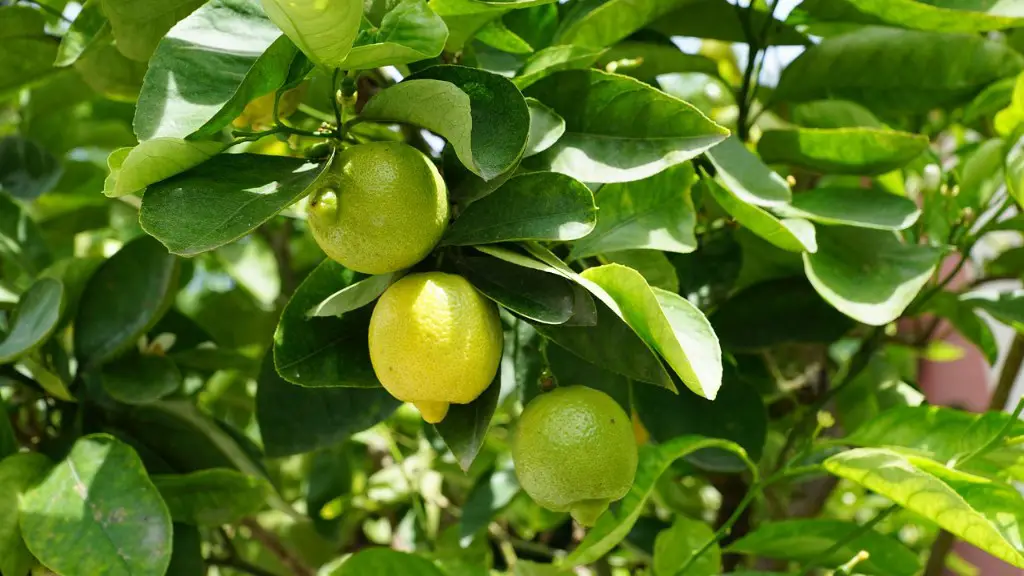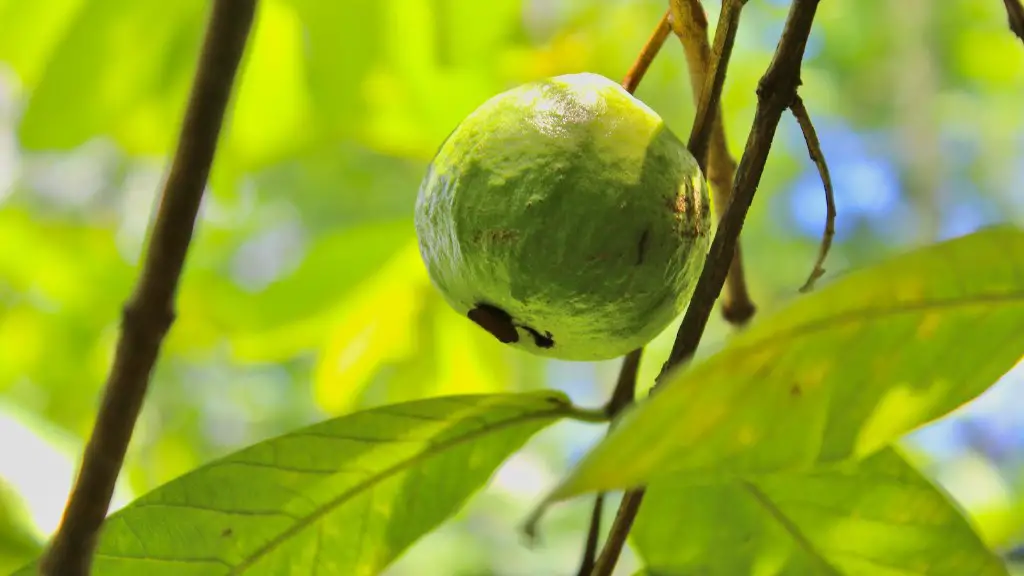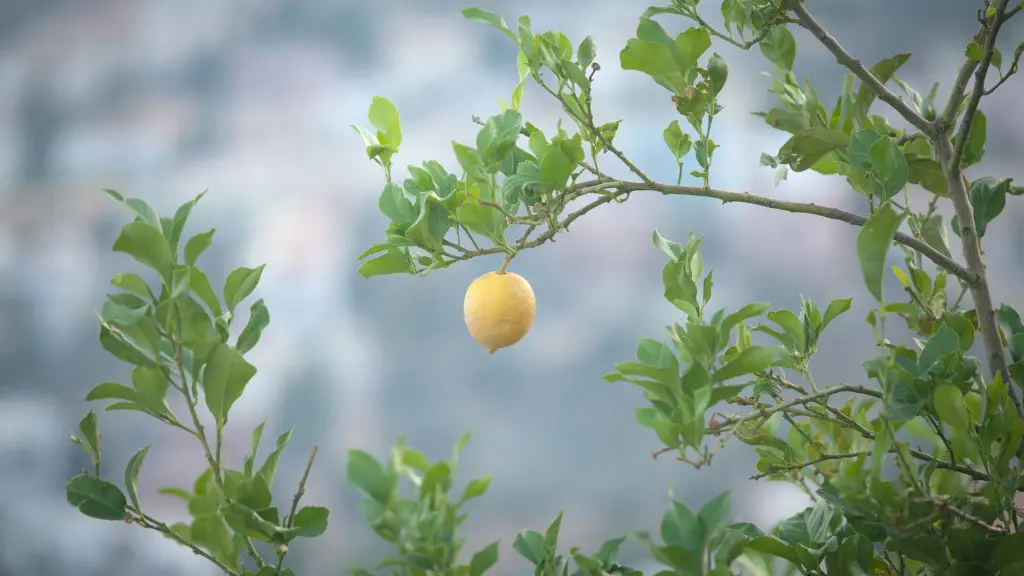Caring for a lemon tree in a pot is not as demanding as caring for a garden-grown lemon tree, but they both require regular feeding in order to bear lemons. While lemon trees are hardy and capable of surviving with minimal care, giving it the right nutrients is important for establishing a healthy tree and good yields. To make sure your lemon tree has everything it needs to flourish, here is what to feed it.
Fertilizing a Lemon Tree
Most pot-grown lemon trees do not need to be fertilized every month, but fertilizer will ensure that the tree has a balanced mix of essential nutrients for healthy growth. Use a generic citrus tree fertilizer such as an 8-8-8 NPK blend, and dilute it according to the instructions on the package. Fertilize the tree every two to three months during the growing season, but avoid fertilizing in late summer, as this can cause new growth when the tree needs to be winding down for winter. Too much fertilizer can also be detrimental and result in too much new growth.
Watering a Lemon Tree
Lemon trees need lots of water, especially when it’s hot or dry. Water the tree deeply, giving it at least 1-2 inches of water per week, depending on the weather conditions. Water your tree early in the day so that the foliage has time to dry before the night. Don’t water so much that the soil stays soggy, as this can cause root rot. Check the soil with your fingers or a moisture meter to determine when the tree is thirsty and needs watering.
Humidity & Sunlight
Most lemon trees require around six hours of direct sunlight each day and should not be placed in a cold or drafty area. A south-facing window is ideal. To increase the humidity in the air around the lemon tree, mist around the plant with water. This will help protect the tree from pests, as well.
Managing Pests & Diseases
Lemon trees are susceptible to many pests and diseases, although proper care can help minimize the chances of this. Prune the tree regularly to remove any damaged or dead branches, and inspect the tree for pests regularly during the growing season. If you spot any caterpillars, mites, or aphids, take action immediately with a suitable insecticide. Make sure to spray the tree in the early evening and avoid spraying on flowers.
Potting Soil
Choose a potting soil that is slightly acidic, with a pH of 6.5 to 7.5. This can often be found in specially-formulated citrus and fruit tree potting mixes. Make sure your potting mix has good drainage, as well as plenty of organic matter to keep the soil slightly moist. Add coarse sand or pumice and use a pot with drainage holes to help improve drainage.
Adding Mulch
Adding a light mulch of organic matter around the root system can help keep the soil moist and discourage weeds from competing with the lemon tree for nutrients. Bark chips or pine needles are excellent choices. Avoid heavy mulches like straw, as these can suffocate the roots and attract pests.
Using Complimentry Fertilizers
To boost the performance of your fertilizer and improve the flavor, texture and color of the lemons, add some complimentary fertilizers such as fish emulsion or kelp. These can be applied every few weeks during the growing season in half strength doses and added to the water when you are irrigating.
Controlling Nutrient Losses
If you live in an area with a lot of rainfall, you may need to take steps to prevent nutrients from washing away from the soil. Use raised beds to create a well-drained soil that will keep fertilizer where the roots can easily access it. If your soil is prone to erosion, add a layer of mulch around the tree to slow the runoff and prevent nutrients from washing away.
Checking Soil pH
Regularly checking the soil pH is important, as lemon trees have specific nutrient requirements. If the pH is too high (alkaline) it can affect the acidity of the fruit and make it less tasty. Test your soil using a soil pH kit and, if necessary, adjust the pH with a soil-acidifying fertilizer or sulfur.
Keeping Soil Nutrition Balanced
Keep an eye on your lemon tree and make sure that it has all the essential nutrients it needs for growth. As fruits form on the tree, feed it a nitrogen-rich fertilizer to promote more fruit growth. If the leaves of your tree start yellowing, it could be a sign of a nutrient deficiency, so fertilizer can help boost the plant’s nutrition and help it recover.
Creating a Healthy Environment for Your Lemon Tree
Creating the perfect environment for your lemon tree can result in a healthier, more productive tree. Give your lemon tree plenty of sunlight and water, but avoid overwatering. Make sure the tree is well-fertilized and that the soil pH is optimal for lemons. Clean the leaves and branches regularly to remove any pests and keep an eye out for signs of nutrient deficiencies or disease.


